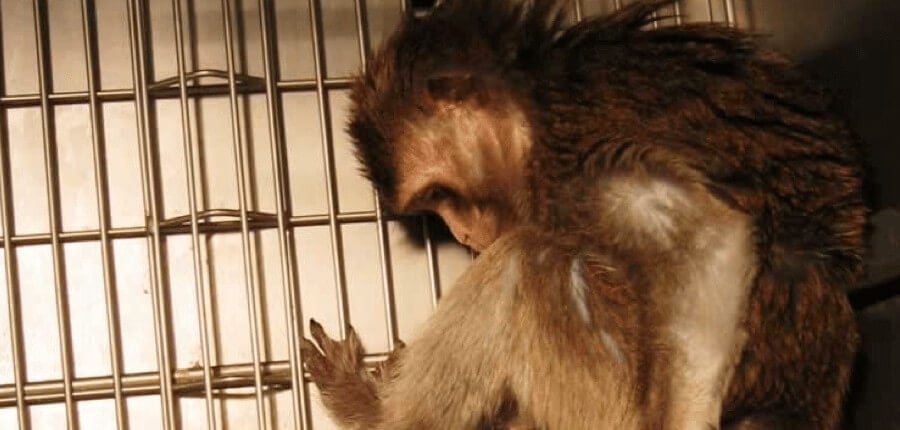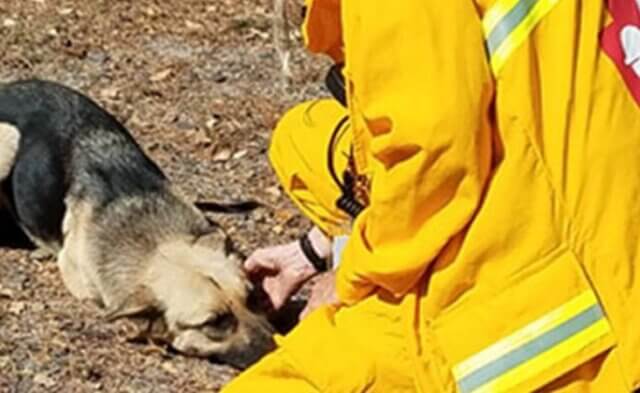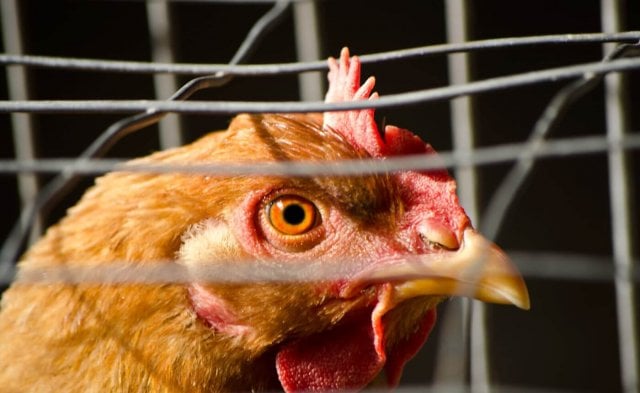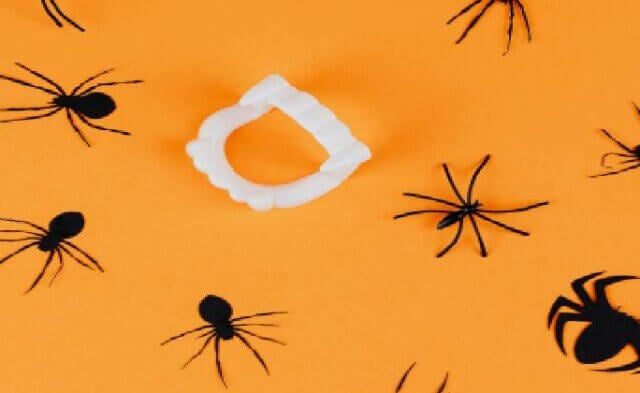By Dr. Lisa Jones-Engel,
from primate experimenter to protector

While my high school classmates were doing homework, I was wading through chest-deep swamp water in Indonesia. Primates were my passion, and that led me to anthropologist Biruté Galdikas’ jungle camp. Observing macaques in nature, I could see their intelligence, protectiveness, and skill at working out conflicts.
I became a primate scientist, studying the transmission of diseases between monkeys and humans, which took me to the Washington National Primate Research Center (WaNPRC) at the University of Washington (UW) for 17 years.
Rubber-Stampers Meet a Troublemaker
There, I saw dysfunction firsthand. I saw tuberculosis, staph infections, and chronic diarrhea ravaging the monkeys, and experimenters were chillingly callous about the suffering they inflicted.
Believing that I could change the system from within, I accepted a seat on the institutional animal care and use committee (IACUC) that is required by law to review all proposed animal experiments and ensure that animal protection laws are enforced. But UW’s IACUC was rubber-stamping experiments, no matter how poorly designed or cruel – giving experimenters the greenlight to, among other things, restrain monkeys in dark booths for up to 10 hours, separate mothers and babies, and implant devices in monkeys’ skulls, eyes, and limbs. Whenever I raised a concern, the IACUC shut me down.
My ‘Aha’ Moment
One day, while collecting various samples from monkeys in Bangladesh, I had an encounter that changed everything. I saw a man with a monkey, so I pulled over. The monkey jumped right onto my lap and grabbed my cheeks. I gasped, thinking she might tear off my face. But she just sat there, her face so close to mine, for the longest time. It was as if she were trying to make me really see her.
Even though taking samples from her would have caused her minimal discomfort, I couldn’t do it. And after two years of battle between UW’s IACUC and my own conscience, I couldn’t continue exploiting animals anymore. I quit and came to work for PETA. Today, my goal is to shut down all seven US national primate research centers, starting with the one at UW.
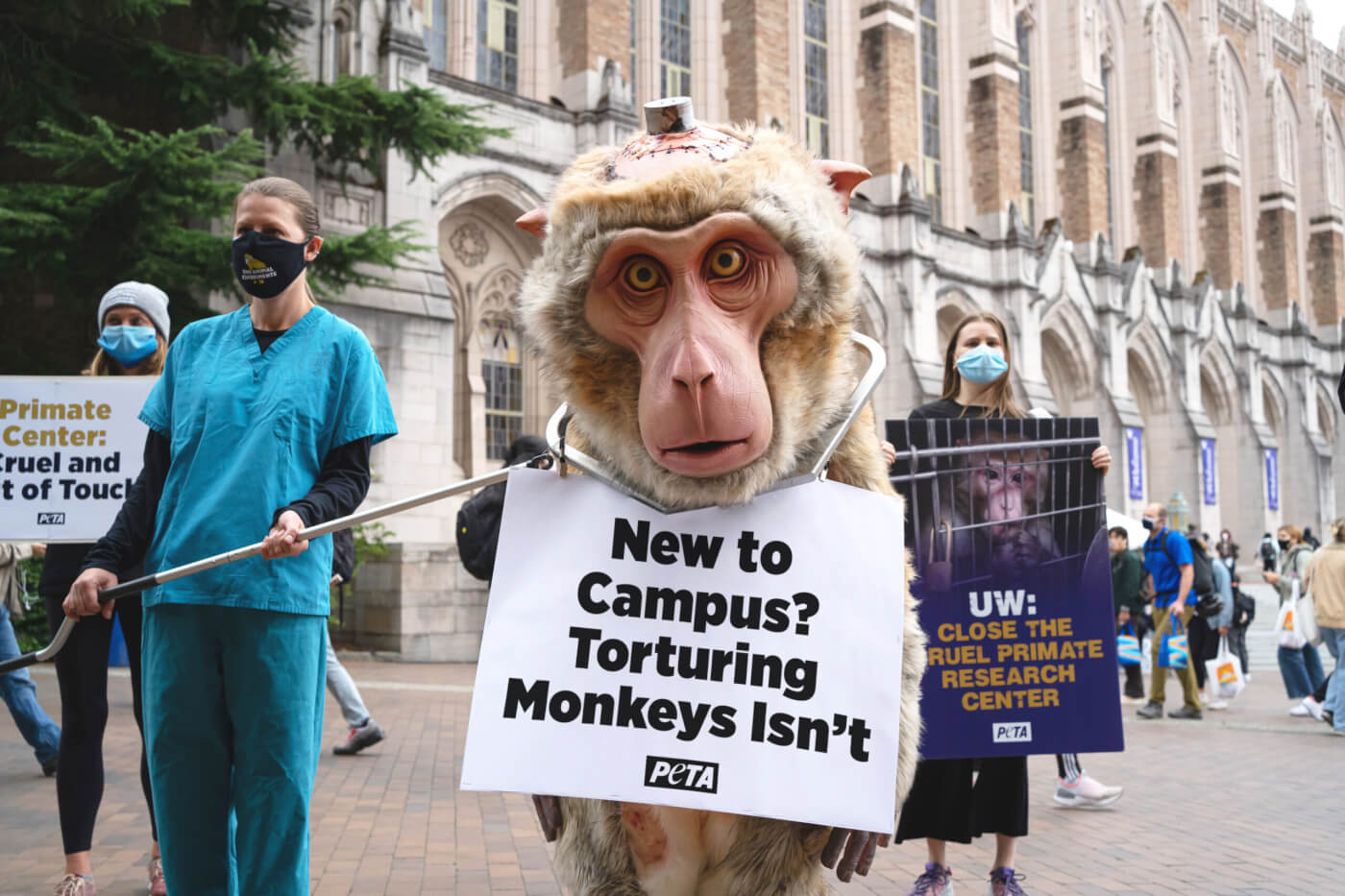
Digging Up Dirty Secrets
Now I lead PETA’s push to expose UW’s cruelty and incompetence, which it is desperate to keep hidden. When it refused to turn over public records, PETA sued and won: A judge ordered UW to pay PETA nearly $540,000. The court also found that UW had destroyed photos and videos, making it impossible to comply with public records law.
PETA has powerful friends in this fight, including Sen. Cory Booker, who called on the US Department of Health and Human Services to investigate why the National Institutes of Health pours millions of taxpayer dollars into such a “deeply troubled facility.”
Disease, Dysfunction, and Death
PETA keeps uncovering more dirt on UW, including that its “specific pathogen–free” facility in Arizona, where it breeds its victims, is a hotbed of diseases, including tuberculosis, Chagas disease, and cholera, and that it has used monkeys from there who were infected with Valley fever.
There’s also horrific suffering caused by UW’s sloppiness: A monkey who hadn’t been properly fasted choked on his own vomit during surgery and died, another strangled to death on a chain attached to a cage, and another died of dehydration because a water line hadn’t been connected. Each one of them was an individual with a mind and emotions like the monkey who grabbed my face and helped me see. I’m determined to help everyone see these monkeys are worthy individuals and recognize the cruelty and folly of using animals in experiments.
Take Action Now
Visit PETA.org/WaNPRC to demand the closure of the WaNPRC and the release of the monkeys to sanctuaries to live in peace.

